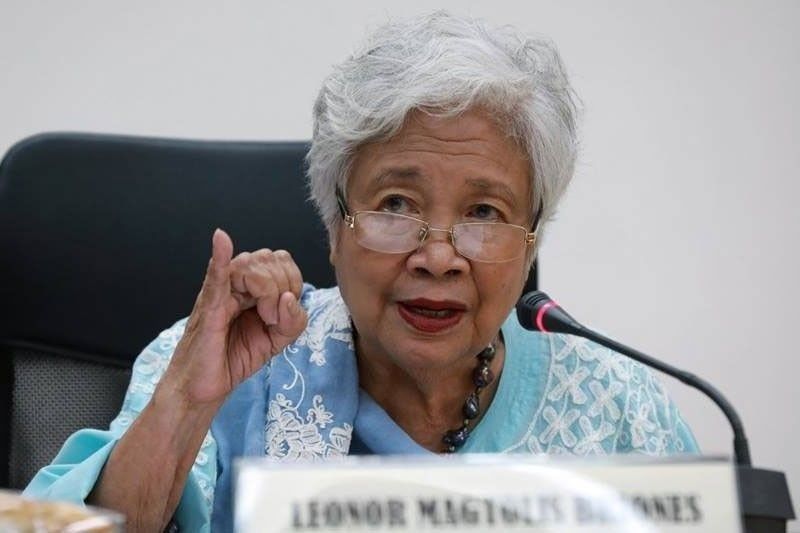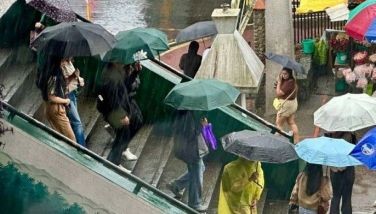ALS among Duterte legacies – Briones

MANILA, Philippines — The expanded Alternative Learning System (ALS) that has served over 4.2 million learners in the country will be seen as one of the key legacies of the Duterte administration, according to Education Secretary Leonor Briones.
During the “Duterte Legacy Summit: Final Report to the People” last week, Briones highlighted the current government’s support for the ALS, which has led to a 95.83 percent increase in yearly enrollment compared with those in past administrations.
“Under the Alternative Learning System, we were able to attract and rope in 4,228,350 out-of-school youth and adults who are now in (the program). These are kids whom others describe as those who have fallen through the cracks, who cannot pursue education, who have to work and, for one reason or another, cannot attend classes the traditional way,” she said.
Department of Education (DepEd) data showed that annual enrollment under the program averaged over 681,308 learners, compared with 377,842 enrolled every year from 2005 to 2015.
The ALS program was institutionalized through the passage of Republic Act 11510, which ensured bigger budget allocation and further support.
“When the Senate and the House of Representatives initiated the ALS act, it became a landmark legislation aiming to institutionalize the ALS program, and this cannot be possible without our President. When I first came in, we increased the budget of the Department of Education by 30 percent, most of it going to ALS programs, so we are now feeling much more secure because we are backed up by law and supported by other branches of the government,” Briones said.
The education chief also acknowledged the efforts of incoming vice president and DepEd secretary Sara Duterte-Carpio in pursuing education initiatives during her term as Davao City mayor.
“I have seen and met young jail inmates in Davao with the initiative of former mayor Sara Duterte, who benefited from the ALS. We are reaching out not only to those on the streets, farmers and factory workers, but also to those who are in prison and those who are in remote places,” Briones said.
- Latest
- Trending






























